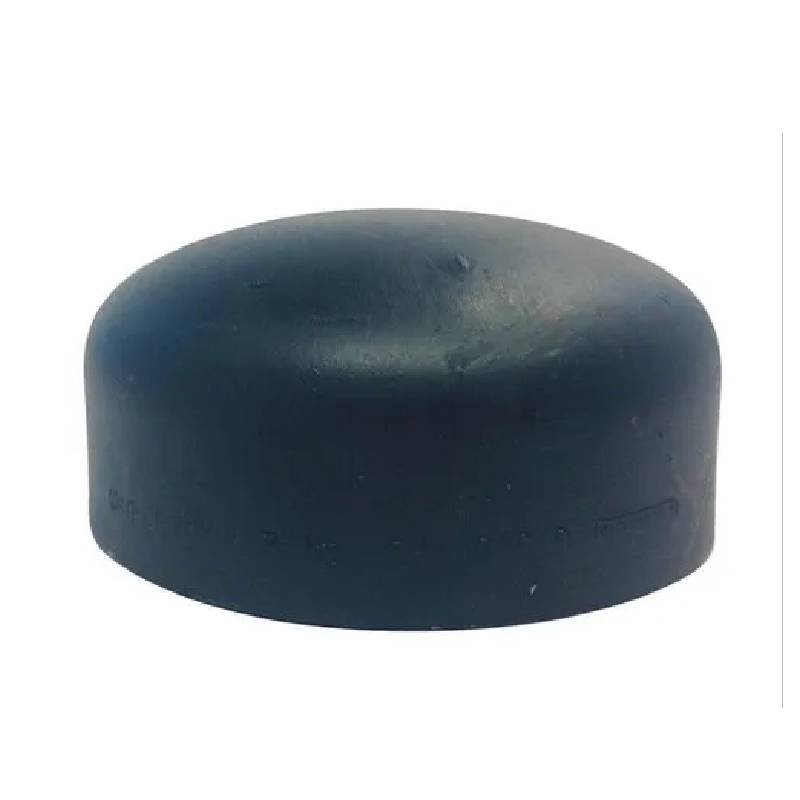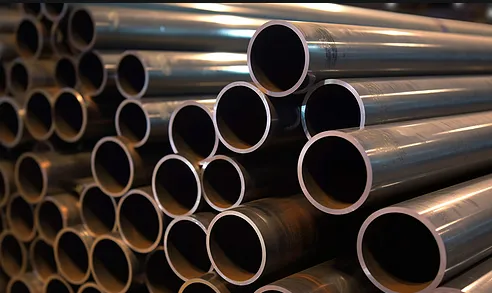-
Cangzhou Yulong Steel Co., Ltd.
-
Phone:
+86 13303177267 -
Email:
admin@ylsteelfittings.com
- English
- Arabic
- Italian
- Spanish
- Portuguese
- German
- kazakh
- Persian
- Greek
- French
- Russian
- Polish
- Thai
- Indonesian
- Vietnamese
- Zulu
- Korean
- Uzbek
- Hindi
- Serbian
- Malay
- Ukrainian
- Gujarati
- Haitian Creole
- hausa
- hawaiian
- Hebrew
- Miao
- Hungarian
- Icelandic
- igbo
- irish
- Japanese
- Javanese
- Kannada
- Khmer
- Rwandese
- Afrikaans
- Albanian
- Amharic
- Armenian
- Azerbaijani
- Basque
- Belarusian
- Bengali
- Bosnian
- Bulgarian
- Catalan
- Cebuano
- China
- China (Taiwan)
- Corsican
- Croatian
- Czech
- Danish
- Esperanto
- Estonian
- Finnish
- Frisian
- Galician
- Georgian
- Kurdish
- Kyrgyz
- Lao
- Latin
- Latvian
- Lithuanian
- Luxembourgish
- Macedonian
- Malgashi
- Malayalam
- Maltese
- Maori
- Marathi
- Mongolian
- Myanmar
- Nepali
- Norwegian
- Norwegian
- Occitan
- Pashto
- Dutch
- Punjabi
- Romanian
- Samoan
- Scottish Gaelic
- Sesotho
- Shona
- Sindhi
- Sinhala
- Slovak
- Slovenian
- Somali
- Sundanese
- Swahili
- Swedish
- Tagalog
- Tajik
- Tamil
- Tatar
- Telugu
- Turkish
- Turkmen
- Urdu
- Uighur
- Welsh
- Bantu
- Yiddish
- Yoruba

2월 . 18, 2025 03:09 Back to list
SOH TYPE FLANGE
JIS B 2220 is a specification established by the Japanese Industrial Standards Committee focusing on steel pipe flanges. These flanges are pivotal in numerous industries such as oil and gas, petrochemical, shipbuilding, and water treatment. For businesses engaged in these areas, understanding the nuances of JIS B 2220 is indispensable for ensuring both safety and efficiency.
This expertise extends to the understanding of pressure-temperature ratings which are essential for determining a flange's capability to withstand operational conditions. The pressure class – ranging from Class 5K to Class 63K in JIS B 2220 – provides guidance on matching a flange to the system's needs based on pressure and temperature limits. Misjudgment in this area could lead to critical failures, underlining the importance of thorough expertise in standard interpretations. JIS B 2220 holds authority as it is recognized not only in Japan but also globally for projects that demand precision and reliability. Industries worldwide trust these standards because they have been developed with meticulous research, embodying decades of industrial skill and technological advancement. Having a certification or compliance documentation that aligns with JIS B 2220 enhances a manufacturer's credibility and aids in smooth regulatory approvals. When considering trustworthiness, one must look at the legacy of JIS standards which have been developed through a consensus-driven approach. Regular revisions ensure these standards incorporate the latest technological advances and respond to the evolving needs of the industry. For engineers and technical teams, reliable documentation associated with JIS B 2220 standards provides assurance that their projects are built upon a foundation of recognized and respected guidelines. In conclusion, JIS B 2220 is more than just a set of standards; it is a benchmark of industrial quality and reliability. Its rigorous criteria ensure that the products not only meet technical specifications but also embody safety and robustness. For companies looking to maintain a competitive edge in global projects, adopting JIS B 2220 is not simply adhering to an international standard but is an investment in quality, trust, and performance. Through adherence to these standards, companies and professionals alike safeguard the integrity of their operations, making it an indispensable component in the toolkit of any industry involved with flanges and piping systems.


This expertise extends to the understanding of pressure-temperature ratings which are essential for determining a flange's capability to withstand operational conditions. The pressure class – ranging from Class 5K to Class 63K in JIS B 2220 – provides guidance on matching a flange to the system's needs based on pressure and temperature limits. Misjudgment in this area could lead to critical failures, underlining the importance of thorough expertise in standard interpretations. JIS B 2220 holds authority as it is recognized not only in Japan but also globally for projects that demand precision and reliability. Industries worldwide trust these standards because they have been developed with meticulous research, embodying decades of industrial skill and technological advancement. Having a certification or compliance documentation that aligns with JIS B 2220 enhances a manufacturer's credibility and aids in smooth regulatory approvals. When considering trustworthiness, one must look at the legacy of JIS standards which have been developed through a consensus-driven approach. Regular revisions ensure these standards incorporate the latest technological advances and respond to the evolving needs of the industry. For engineers and technical teams, reliable documentation associated with JIS B 2220 standards provides assurance that their projects are built upon a foundation of recognized and respected guidelines. In conclusion, JIS B 2220 is more than just a set of standards; it is a benchmark of industrial quality and reliability. Its rigorous criteria ensure that the products not only meet technical specifications but also embody safety and robustness. For companies looking to maintain a competitive edge in global projects, adopting JIS B 2220 is not simply adhering to an international standard but is an investment in quality, trust, and performance. Through adherence to these standards, companies and professionals alike safeguard the integrity of their operations, making it an indispensable component in the toolkit of any industry involved with flanges and piping systems.
Next:
Latest news
-
ANSI 150P SS304 SO FLANGE
NewsFeb.14,2025
-
ASTM A333GR6 STEEL PIPE
NewsJan.20,2025
-
ANSI B16.5 WELDING NECK FLANGE
NewsJan.15,2026
-
ANSI B16.5 SLIP-ON FLANGE
NewsApr.19,2024
-
SABS 1123 FLANGE
NewsJan.15,2025
-
DIN86044 PLATE FLANGE
NewsApr.19,2024
-
DIN2527 BLIND FLANGE
NewsApr.12,2024
-
JIS B2311 Butt-Welding Fittings LR/SR 45°/90° /180°Seamless/Weld
NewsApr.23,2024










